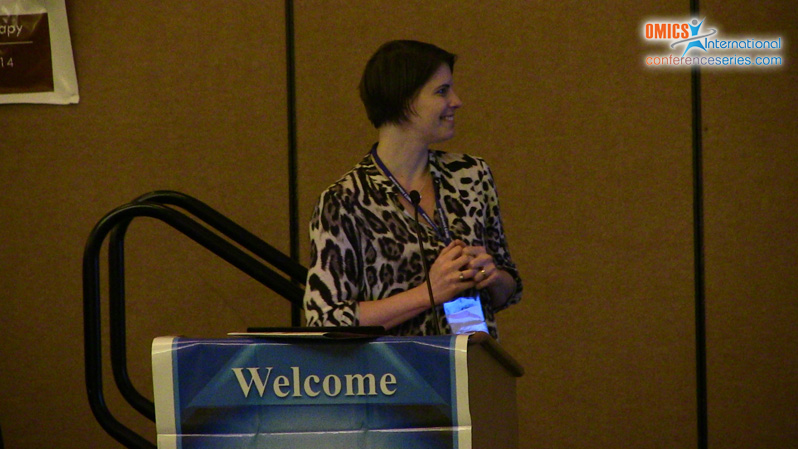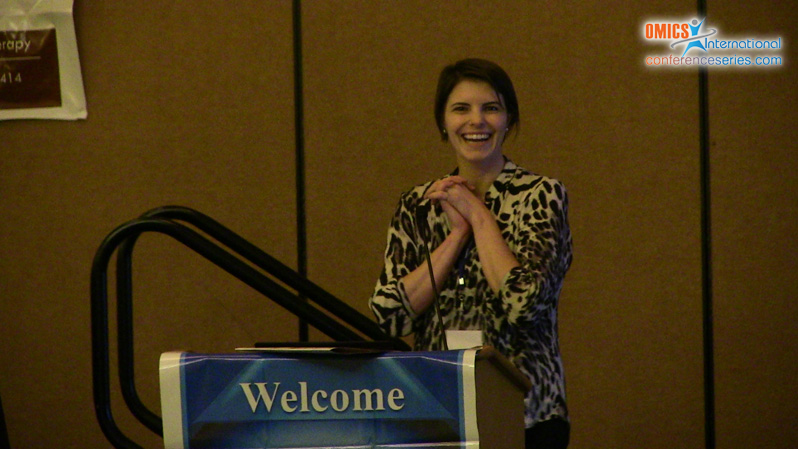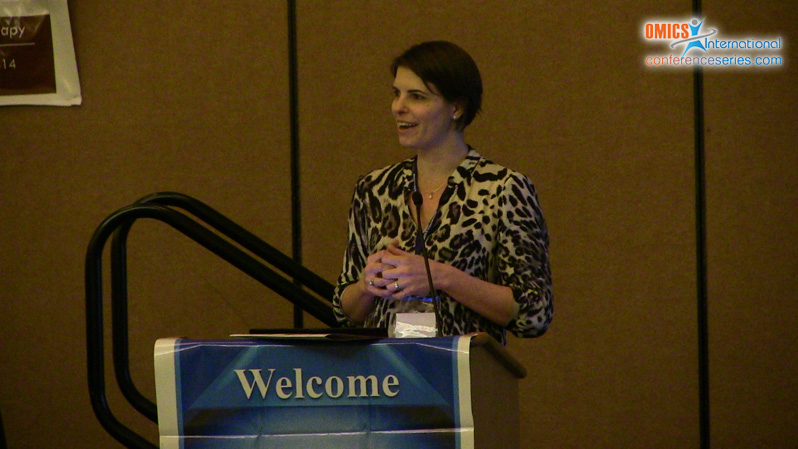
Danielle Rossini-Dib
University of Sao Paulo, Brazil
Title: A naturalistic study of recovering gamblers: What gets better and when they get better
Biography
Biography: Danielle Rossini-Dib
Abstract
Gambling disorder is a behavioural addiction treated with a range from self-help support to more intensive therapy approaches. This is usualy associated to a clinical treatment envolving a better management of comorbidities and experiemental conditions to help control the gambling behaviour proprielly. In this way, gambling recovery has typically been focused in gambling behavior and its consequences. However, others features such as negative affectivity, gambling cognitive distortions, impulsivity and its neurocognitive aspects (cognitive flexibility, planning, inhibitory control, and decision-making) are usually evaluatedat a gamblers profile, but not during and after the treatment. In this study we investigate how gambling treatment affected these variables and if any are related to gambling recovery. One hundred and thirteen patients were assigned to psycho-education and psychiatric treatment; a subset of 48 patients was too assigned to cognitive behavioral therapy. From that 113 patients, 72 compleated treatment and was reassessed 6 months after the onset. For to determinate who was recovery or not after the treatement, was used a self-report scale (Gambling Follow-up Scale). Recovered and non-recovered gamblers did not differ in pre-treatment demographic, gambling, and psychiatric profiles. However, three outcome variables were strongly related with gambling recovery: Negative affectivity, cognitive distortions, and decision-making. Logistic regression identified reduction of gambling cognitive distortions and better performance on decision-making under ambiguos situation task as the best predictors of gambling recovery, regardless of the type of treatment received. Beyond the standard outcome measures for gambling treatment, increased sensitivity to loss and decreased positive expectancies towards gambling are key targets to promote recovery in gambling treatment.
Speaker Presentations
Speaker PPTs Click Here



